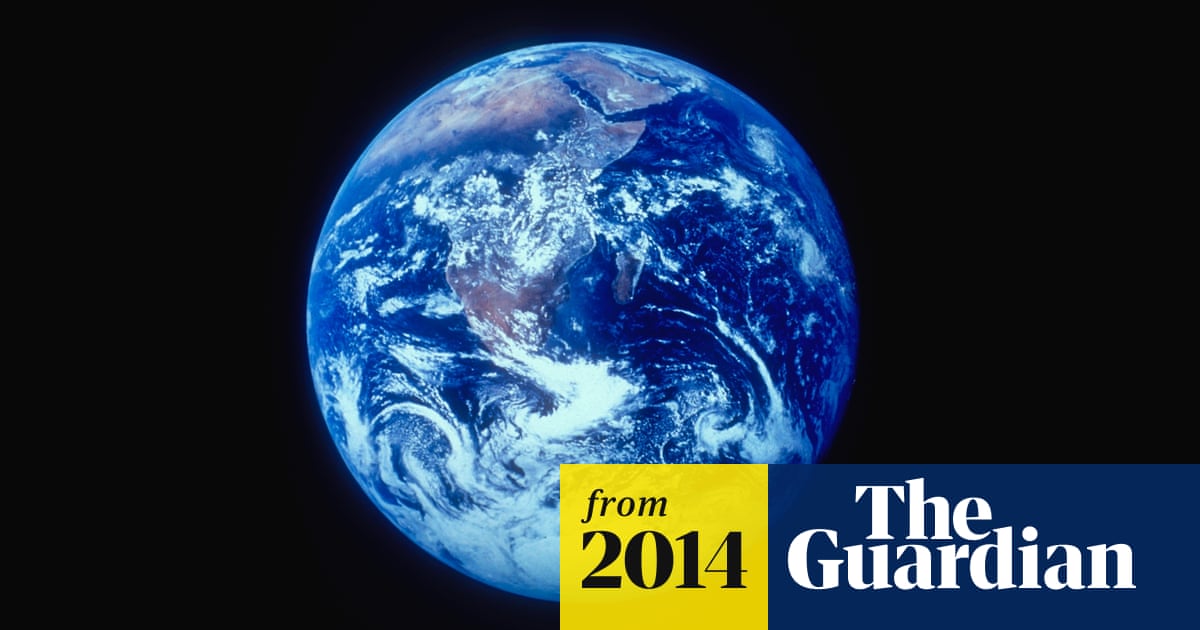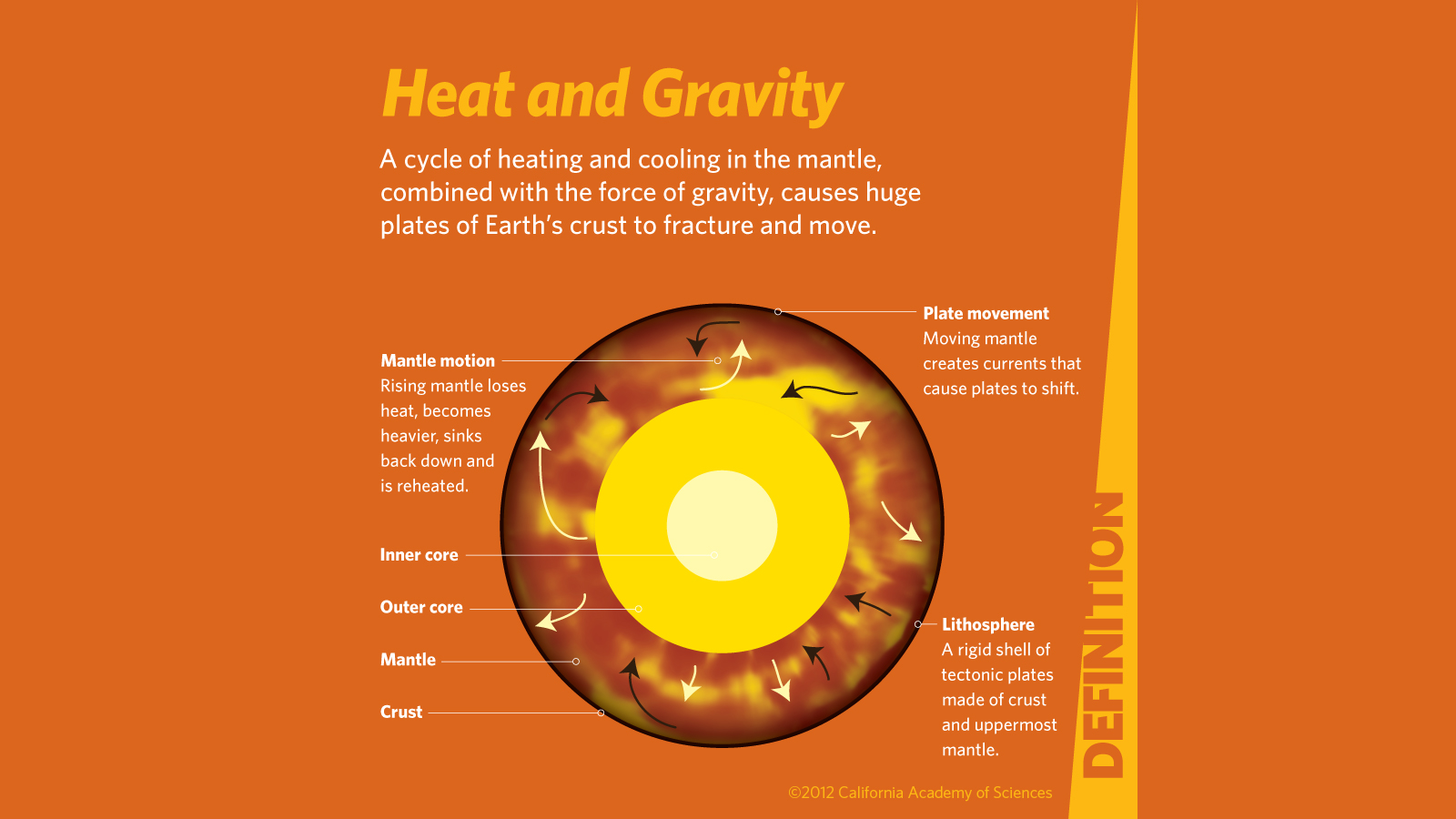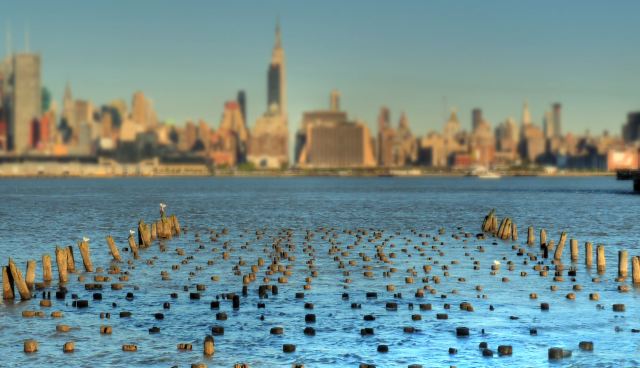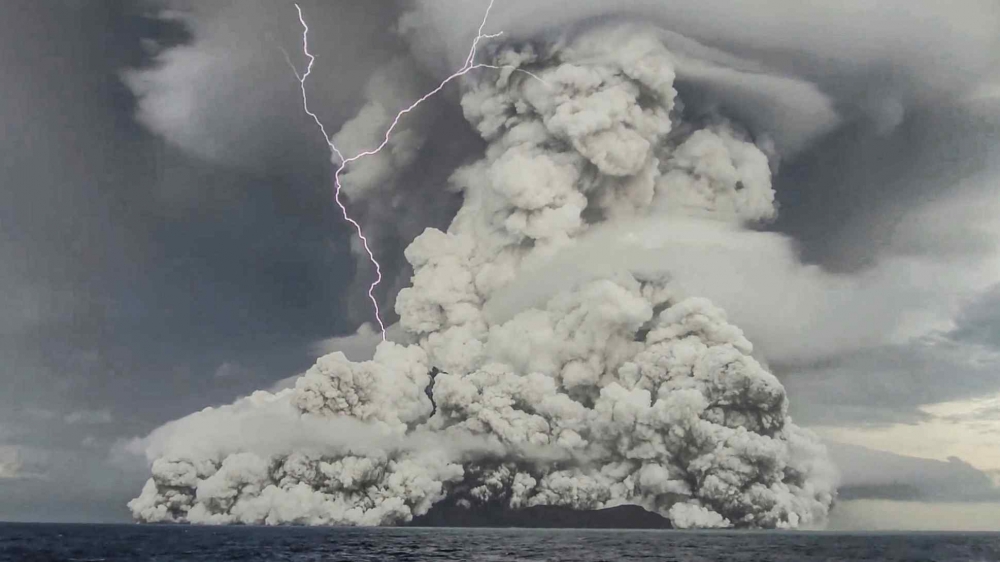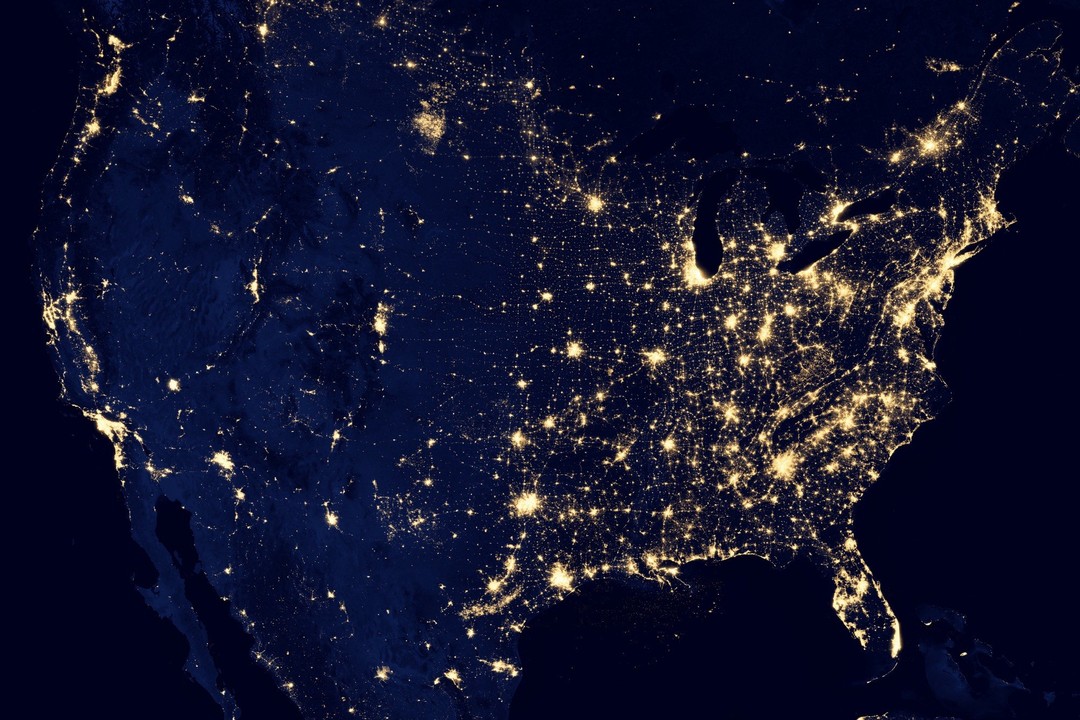Cougarbear
Gold Member
- Jan 29, 2022
- 8,136
- 3,585
- 208
I found this article out today underground water that is 3 times as much as the oceans of today have in them. Are there ways that this water is getting to the surface, increasing the water levels, rather than the polar ice caps supposedly melting and yet the levels have gone down is some places and up in others? Could this somehow be a source of increased CO2 as well?
Also, could this also be where the water went from Noah's Flood? Definitely could have been the waters from the deep that helped flood the earth...
Also, could this also be where the water went from Noah's Flood? Definitely could have been the waters from the deep that helped flood the earth...

